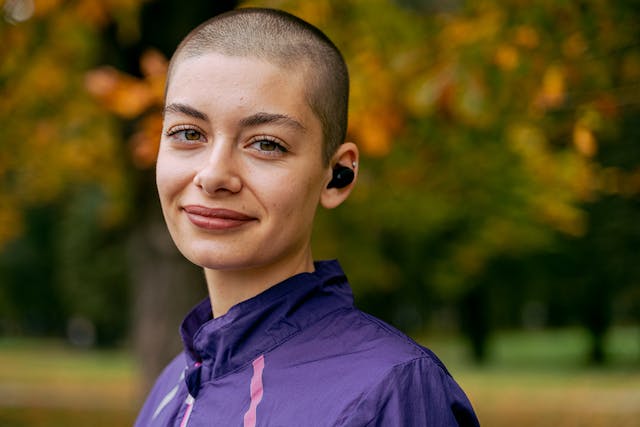Atakan, Z. (2012) Cannabis, A Complex Plant: Different Compounds and Different Effects on Individuals. Ther. Adv. Psychopharm. 2(6):241–254. doi: 10.1177/2045125312457586
Koppell, B. S., Brust, J. C., Fife, T., Bronstein, J., Youssof, S., Gronseth, G., (2014). Systematic Review: Efficacy and Safety of Medical Marijuana in Selected Neurological Disorders: Report of the Guideline Development Subcommittee of the American Academy of Neurology. Neurology 82 (17), 1556–1563
Pagano, C, Navarra, G, Coppola, L, (2022) Cannabinoids: Therapeutic Use in Clinical Practice. Int J Mol Sci. 23(6):3344. doi: 10.3390/ijms23063344.
Parker, A. L. (2017) Cannabinoids and the Brain. Cambridge, MA. The Massachusetts Institute of Technology (MIT) Press. ISBN 9780262035798
Raz, N., Eyal, M. A., and Davidson, E. (2022) Optimal Treatment with Cannabis Extracts Formulations Is Gained via Knowledge of Their Terpene Content and via Enrichment with Specifically Selected Monoterpenes and Monoterpenoids. Molecules 2022, 27(20), 6920; https://doi.org/10.3390/molecules27206920
Sarne, Y, Asaf, F, and Fishbein, M, (2011). The Dual Neuroprotective-Neurotoxic Profile of Cannabinoid Drugs. Brit. J. Pharmacol. 2011;163(7):1391–1401. doi: 10.1111/j.1476-5381.2011.01280.x.
Uziel, A., Gelfand, A., Amsalem, K., Berman, P., Lewitus, M. G., Meiri, D., and Lewitus, Y. D. (2020) Full-Spectrum Cannabis Extract Microdepots Support Controlled Release of Multiple Phytocannabinoids for Extended Therapeutic Effect. CS Appl. Mater. Interfaces 2020, 12, 21, 23707–23716
Wade, D. T., Makela, P. M., House, H., Bateman, C., and Robson, P. 2006. Long-Term Use of a Cannabis-Based Medicine in the Treatment of Spasticity and Other Symptoms in Multiple Sclerosis. Multiple Sclerosis 12 (5), 639–645.
Whiting, P. F., Wolff, R. F., Deshpande, S. Di Nisio, M., Duffy, S., Hernandez, A. V., Keurentjes, J. C., Lang, S., Misso, K., Ryder, S., Schmidlkofer, S., Westwood, M., Kleijnen, J. (2015) Cannabinoids for Medical Use: A Systematic Review and Meta-Analysis, JAMA. 2015;313(24):2456-2473. doi:10.1001/jama.2015.6358
---------------------------------------------------------------------------------------------------------------------------------------------------------------------------------------------------------------------------------------------------------------------------
Our content is founded upon scientific studies, ensuring reliability. Prior to considering cannabis or cannabinoids for symptom or illness management, it is strongly advised to seek guidance from a specialized medical professional. Commercial utilization of our content is strictly prohibited. Alteration, adaptation, or translation of our content requires prior consent. Downloading and utilizing our content is permitted solely for educational purposes, with appropriate accreditation. Publication of our content necessitates explicit authorization. CANNABRYL does not endorse the opinions expressed by its collaborators and writers.







